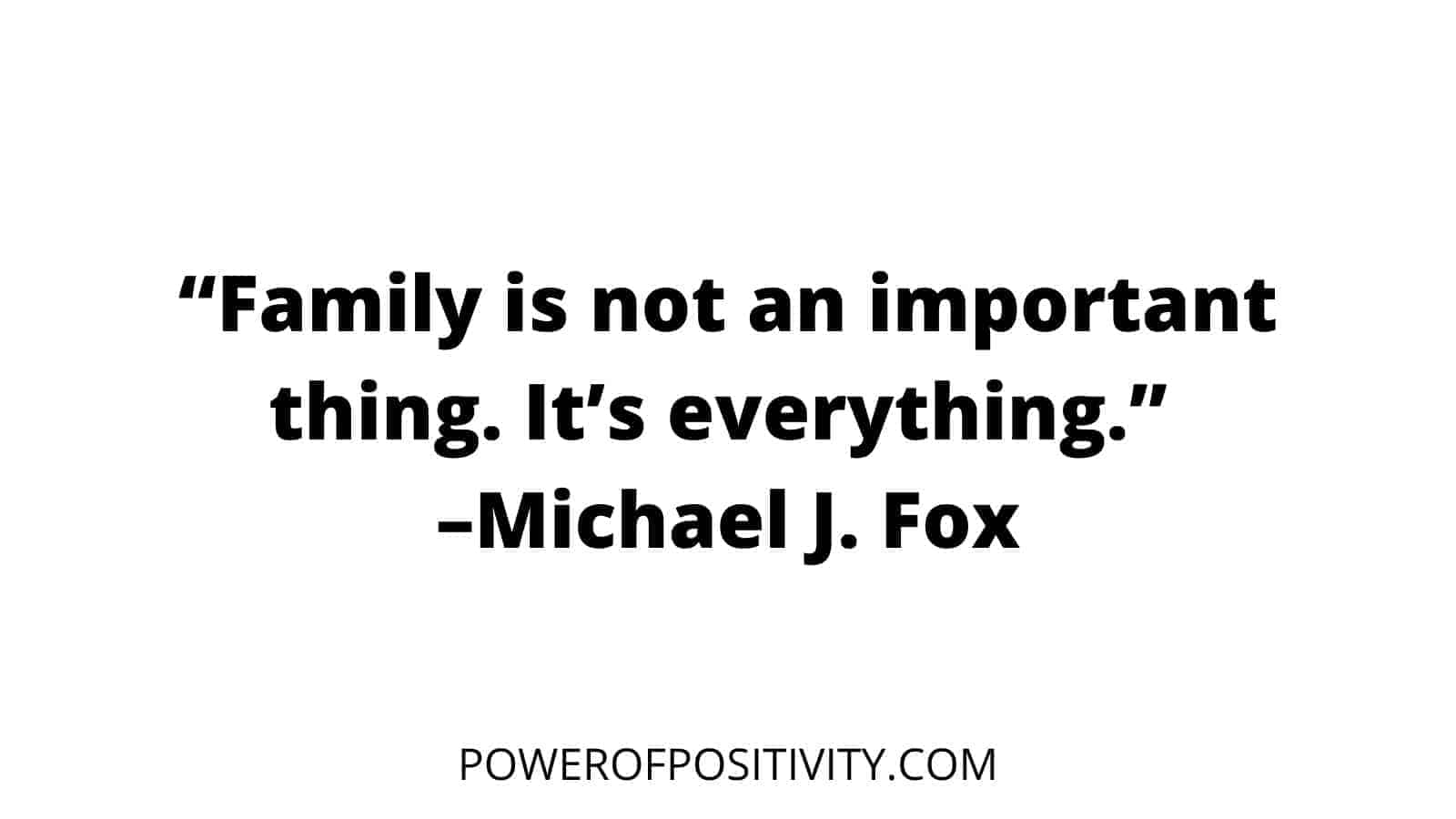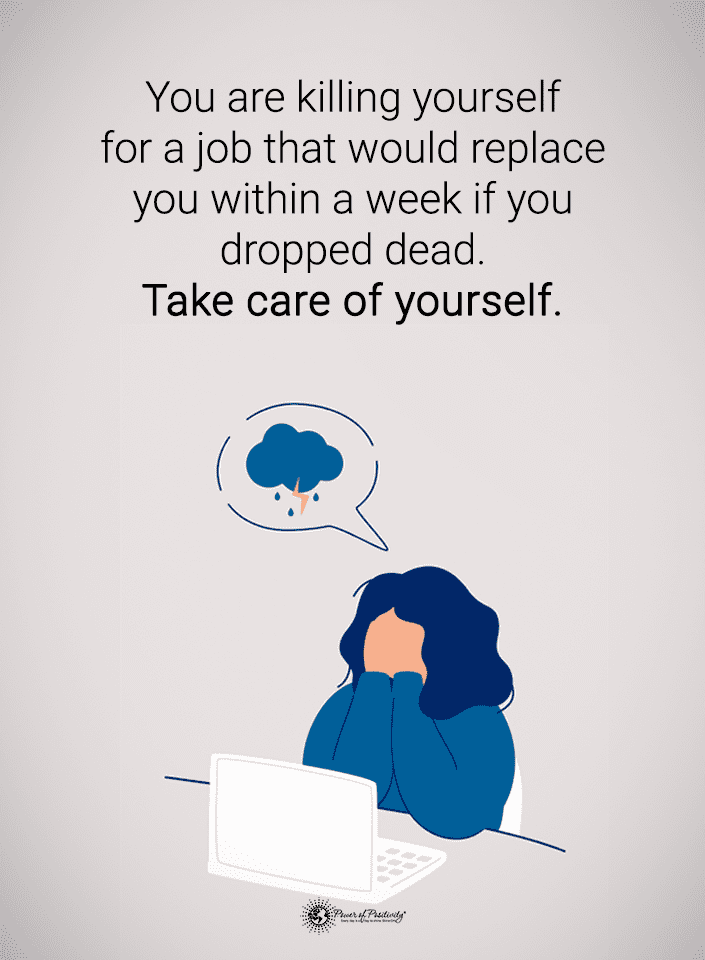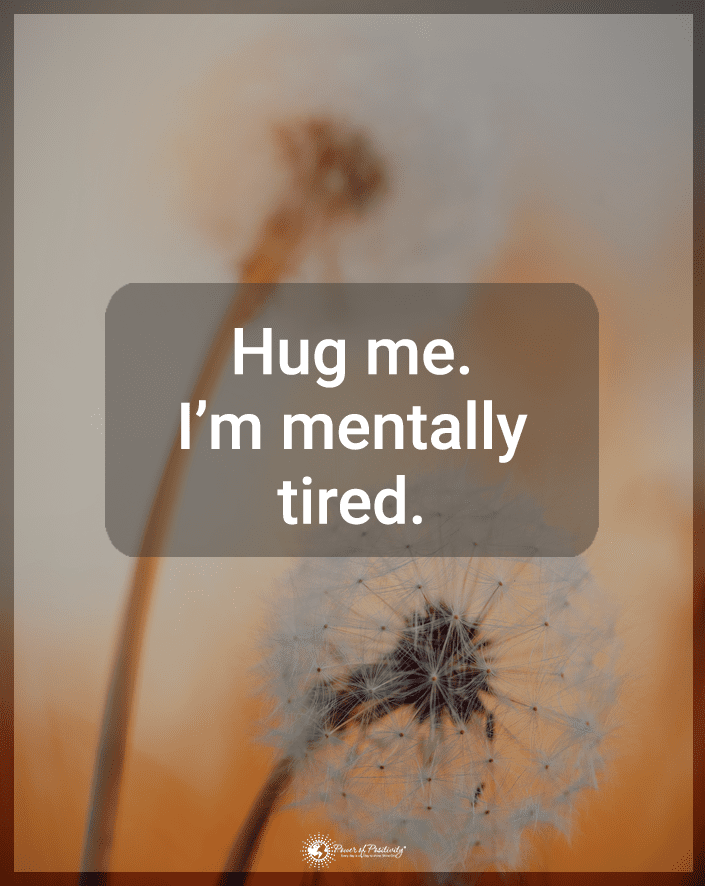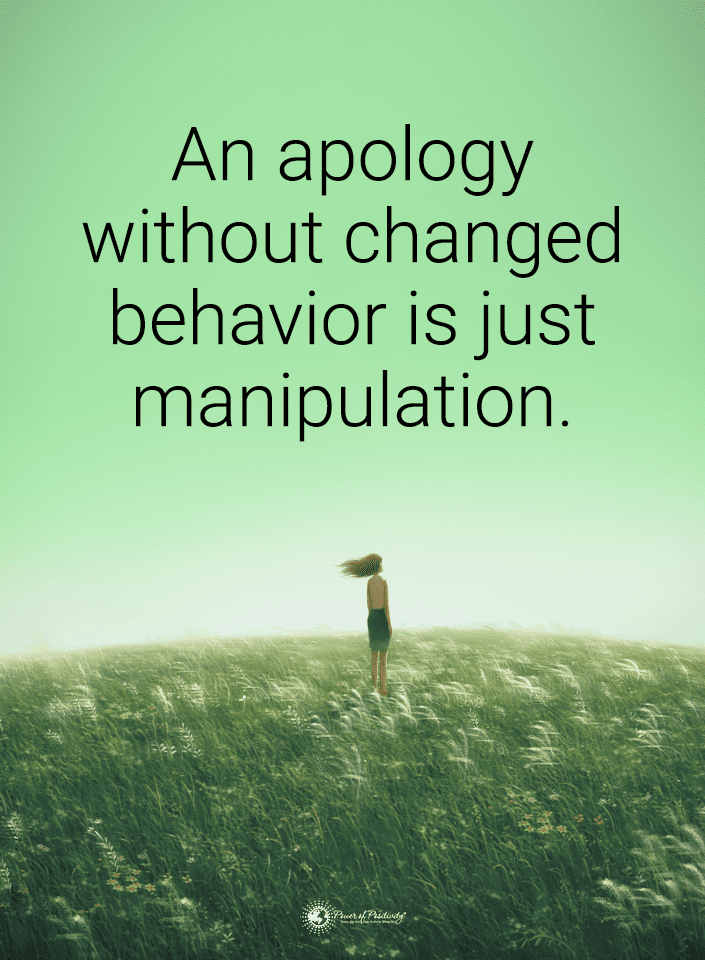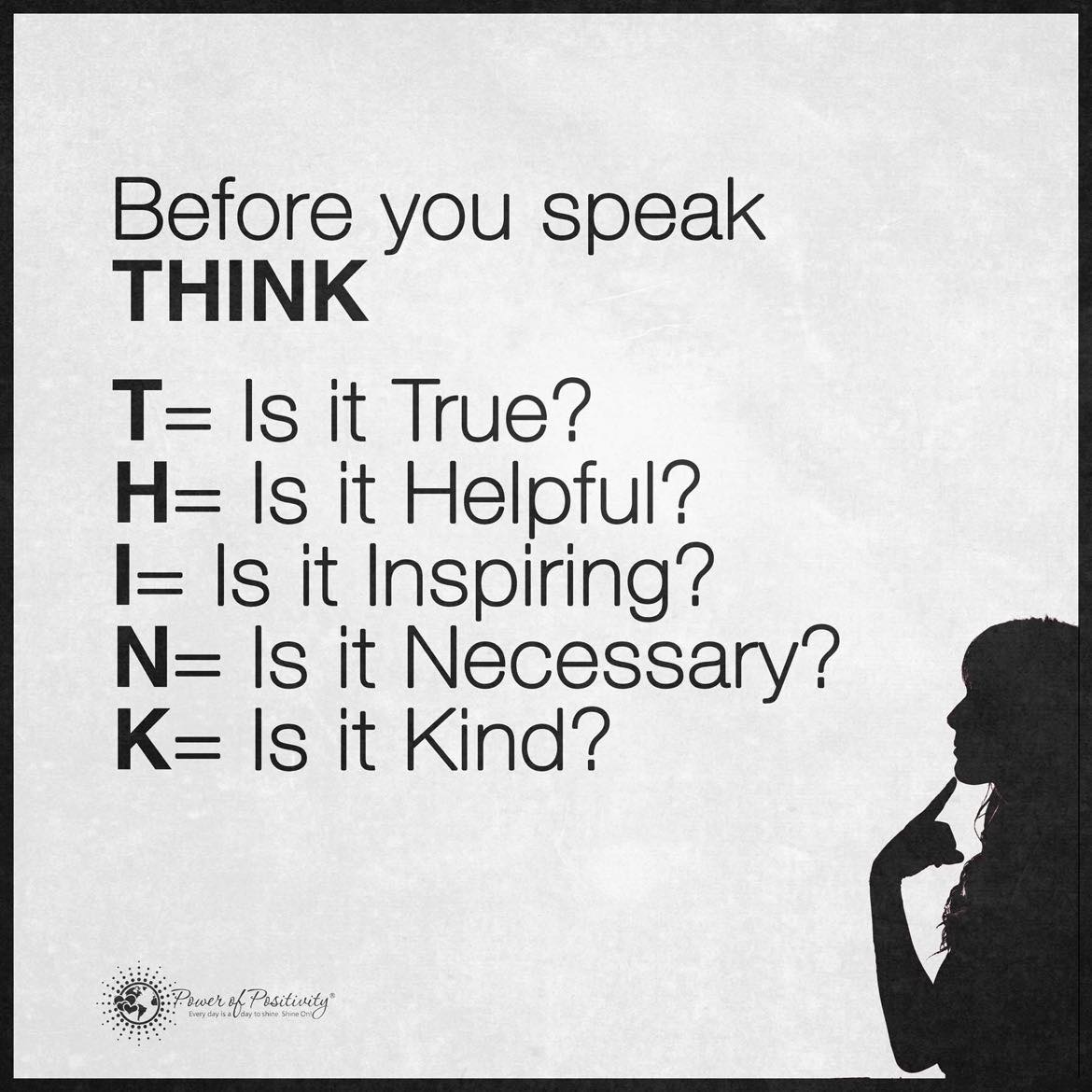Greyhound Rescue, an Australian nonprofit organization, collaborated with HammondCare to provide companionship for the elderly in nursing homes. Through the innovative Hounds Helping Humans program, the nonprofit brings rescue dogs to residential elderly care homes. Residents get to pet and play with the therapy dogs who visit.
Dog handlers say that animal visits can provide mental stimulation and excitement for the elderly. It gives residents something to look forward to and may benefit those with Alzheimer’s. Greyhound Rescue believes its pilot program will have a positive impact on residents. Currently, the nonprofit prioritizes HammondCare patients living with dementia.
According to the media outlet Australian Dog Lover, project volunteers have enjoyed the experience thus far. They love watching the residents’ faces light up when a greyhound enters the room. It’s also rewarding to see them form a connection.
Natalie Panzarino, the President of Greyhound Rescue, said she felt thrilled about the opportunity to work with the elderly.
“At Greyhound Rescue, we know all too well the magic that these incredible greyhounds can bring to people’s lives,” she said in an interview with Australian Dog Lover.
“What better way to share this magic with more people than bringing Greyhounds to where they are really needed, to brighten the lives of people who are craving connection and companionship. Greyhounds are great candidates to assist with well-being in aged care services. They are generally calm and docile in nature as well as being tall enough to be accessible to people who are in wheelchairs or confined to beds.”
Mike Baird, Chief Executive of HammondCare nursing home, also looked forward to the greyhounds visiting patients. The independent Christian charity prioritizes life engagement and relationship-based care with residents. Baird believes that the new program will benefit both the dogs and residents.
Rescued Greyhounds Bring Joy to Nursing Home Residents

Baird said, “Meaningful involvement with everyday life is crucial to everyone’s well-being. I am delighted that one part of this Life Engagement Pilot is evaluating how animal engagement and support can improve quality of life for residents. What a wonderful outcome if rescued Greyhounds can be given a new purpose providing happiness for those who are older in the community.”
Greyhound Rescue and HammondCare worked on creating the Hounds Helping Humans project for many months. Thankfully, their dedication and efforts paid off, and residents seemed to respond positively to the program. They had a few setbacks along the way, but volunteers and coordinators pulled together for a successful launch.
“COVID lockdowns kept frustrating our plans and shifting our start date, but the enthusiasm never waned,” Panzarino explained. “When we announced the program to our volunteers, there was an amazing heartfelt response. So many of our people are keen to be part of this initiative and contribute to such an important part of society.”
Australian Ethical, a sustainable investment firm, helped fund the pilot program with a grant. The rescue dog and human teams faced a rigorous selection process. Once chosen, the groups underwent a temperament test before completing a specialized training course. The training helped the handlers prepare for visits while introducing hounds to new equipment such as wheelchairs and walkers.
It also acclimated the greyhounds to the stimuli they would encounter at the nursing home. Finally, the training consisted of communication methods to foster engaging connections between the dogs and HammondCare residents.
Greyhounds make the perfect dogs for the pilot program since they have a calm, easygoing demeanor. Their height provides another advantage since residents can meet them at eye level. This makes a huge difference for residents who use wheelchairs or can’t stand for long periods.
What Greyhound Rescue Handlers Loved About the Program
Kerry-Ann Plant, who visited nursing homes with her greyhound Eevee, said: “When the idea was floated, I thought Eevee would be a great candidate. She loves meeting new people, if they are sitting or standing all the better; she thinks they are waiting for her to give her pats.”
“I thought it was such a lovely idea to be able to bring a bit of joy to people who don’t have the chance to connect with beautiful puppies, it is a match made in heaven.” Like Plant, dozens of other volunteers have signed up to brighten the days of senior citizens across Australia’s aged care homes,” Plant added.
Bronwyn Mitchell, also volunteering at care homes with her greyhound rescue Sunny, said: “Sunny loves to interact with everyone who crosses our threshold and out in the community. He ensures they get their fair share of pats, neck rubs, wet nose nudges, and chin rests on their laps.
“Our clients love it and I’m sure at times they come to see Sunny, not us. So when I heard about the hounds helping humans, I just knew this was something Sunny was born to do, spreading his unconditional love to all he meets”.
Shelley Tinworth, who brought her greyhound Jessi to visit residents, believes the elderly greatly benefit from animal connections. Many probably had childhood pets and no longer have that companionship in the nursing home.
“When this program was announced, I thought Jessi would be perfect as she has so much love to give and is always happy to receive that back in return,” Shelley said.
For more information about the Hounds Helping Humans program, visit the Greyhound Rescue Facebook page.
Final Thoughts on Greyhounds Cheering Up People in Nursing Homes
The nonprofit Greyhound Rescue partnered with HammondCare to launch a program connecting elderly residents with therapy dogs. The pilot program initially had a few hiccups due to the pandemic, but the excitement never dissipated. Coordinators and volunteers ensured the program launched successfully, and residents couldn’t have been happier. Volunteers brought their greyhound rescues to the care homes for visits each week. Residents got to pet and play with the loving dogs, which helped ease loneliness and provided engagement opportunities. Greyhound Rescue hopes to expand the program in the future, and we can’t wait to see the results!



